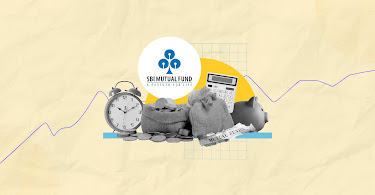How to Avoid LTCG (Long Term Capital Gains) Tax on Mutual Funds?

There are several strategies you can employ to potentially minimize or avoid long-term capital gains (LTCG) tax on mutual funds: Hold Investments for the Long Term: LTCG tax typically applies to assets held for more than one year. By holding onto your mutual fund investments for at least a year, you may qualify for preferential tax treatment or lower tax rates on any gains realized when you sell. Utilize Tax-Advantaged Accounts: Consider investing in mutual funds through tax-advantaged accounts such as Individual Retirement Accounts (IRAs) or 401(k) plans. These accounts offer tax-deferred or tax-free growth, allowing you to potentially avoid capital gains taxes until you withdraw funds in retirement. Tax-Loss Harvesting: If you have other investments that have incurred losses, you can sell them to offset the capital gains from your mutual fund investments. This strategy, known as tax-loss harvesting, can help reduce your overall tax liability. Invest in Tax-Efficient Funds: ...


.jpg)







